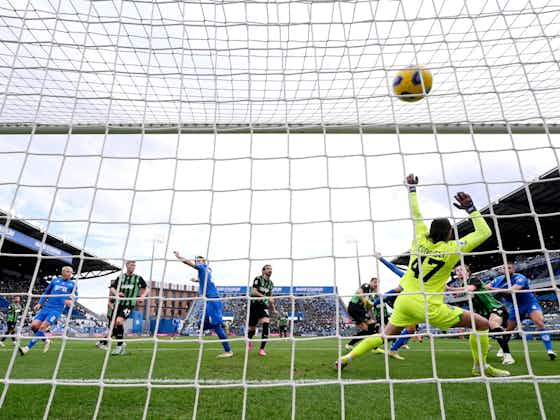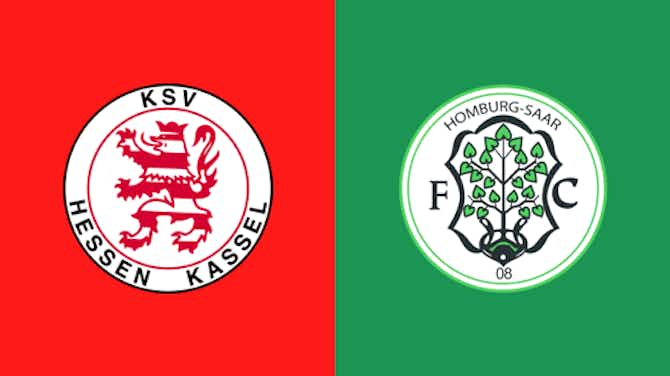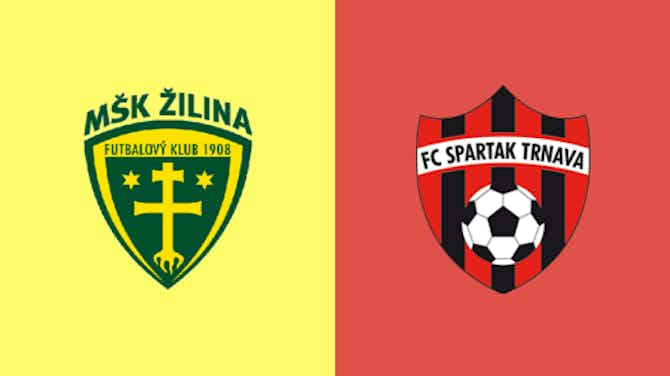Football Italia
·27 March 2024
How the abolishment of Growth Decree will impact Serie A clubs

Football Italia
·27 March 2024

The Growth Decree introduced by the Italian Government five years ago is no longer valid, so which consequences should Serie A clubs expect?
The law approved in 2019 helped Italian clubs sign foreign talents or Italian players or coaches who had been living outside the Peninsula for at least two consecutive years. Over its short existence, the Growth Decree had a significant impact, with several top names like Cristiano Ronaldo and decorated elite coaches like Jose Mourinho gracing the league.
The decree provided huge tax reliefs for players, coaches, and clubs, reducing the normal 48% tax to only 24%. Italian clubs made huge savings from the tax cuts, and the effectiveness of this decree was particularly evident in the 2022-23 campaign when Serie A clubs had representatives in each of the three European Finals: the Champions League, the Europa League, and the Conference League.
Extraordinary results in European competitions didn’t only depend on the Growth Decree, but will Serie A clubs be able to achieve the same result now that the law has been scrapped?
Remember to place all your Serie A bets on GGbet. GGBet offers the most competitive Serie A odds anywhere. Sign up today to start enjoying higher win margins on all your correct Serie A predictions.
One clear implication is that Serie A clubs will probably struggle to offer competitive salaries to players and coaches coming from abroad, giving even more advantage to Premier League clubs and top La Liga sides, like Barcelona and Real Madrid. On paper, it will be more difficult for Serie A teams to attract top foreign players and match salaries offered by other clubs in the Old Continent. However, there is also good news.
The abolishment of the Growth Decree, in fact, must force Italian clubs to focus more on youth development. Juventus and Atalanta are already ahead of other competitors, having launched their U23 teams, which play in Italy’s third division. The Bianconeri, in particular, have developed several talents through their second team. Players like Dean Huijsen, Matias Soulé, and even Radu Dragusin, just to name a few, have all come through the NextGen squad in Turin.
Italy desperately needs to grow talents and become once again a leading country in footballing terms. One of the latest CIES reports shows that over 61% of Serie A players come from abroad. They also feature in most games, playing slightly over 65% of the matches in a season. Curtailing foreign player imports is therefore being seen as a move that will make clubs rely on Italian players more. Hopefully, this will push Serie A clubs to give more chances to products of their academies and help develop young Italian players.
Italy have missed out on the last two editions of the World Cup and despite the triumph at Euro 2020 in between, the country hasn’t been able to produce talents like Roberto Baggio, Alessandro Del Piero and Francesco Totti. Aside from the political implications of abolishing the growth decree, football fans should focus on the consequences this will have on the whole system. Clubs may seem weaker in the short term due to struggles competing with richer leagues, but Italy could see benefits for the national team in the long run.






























































